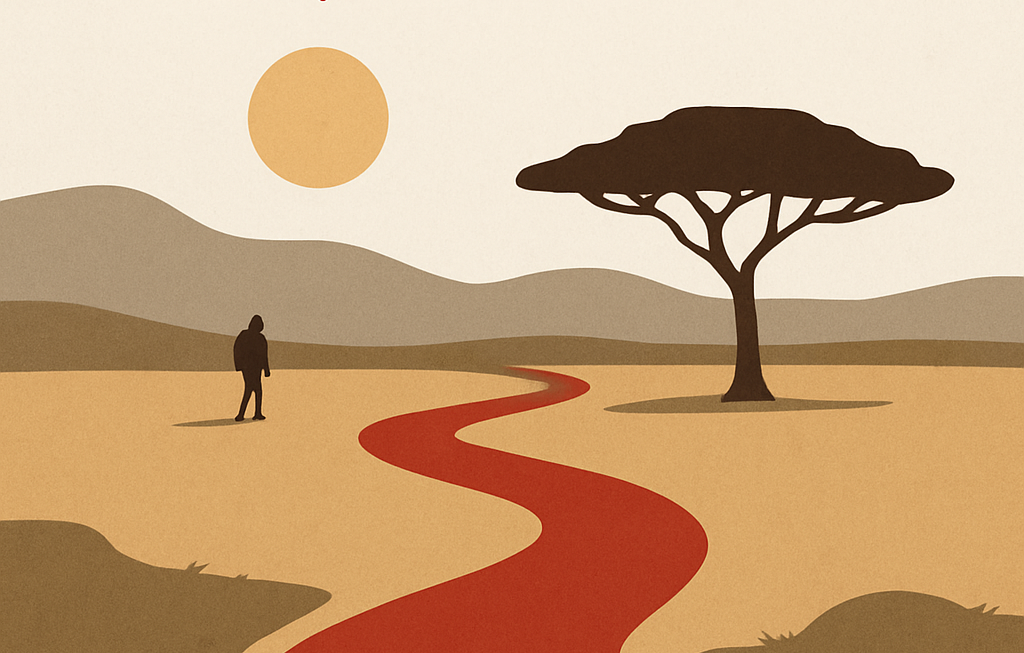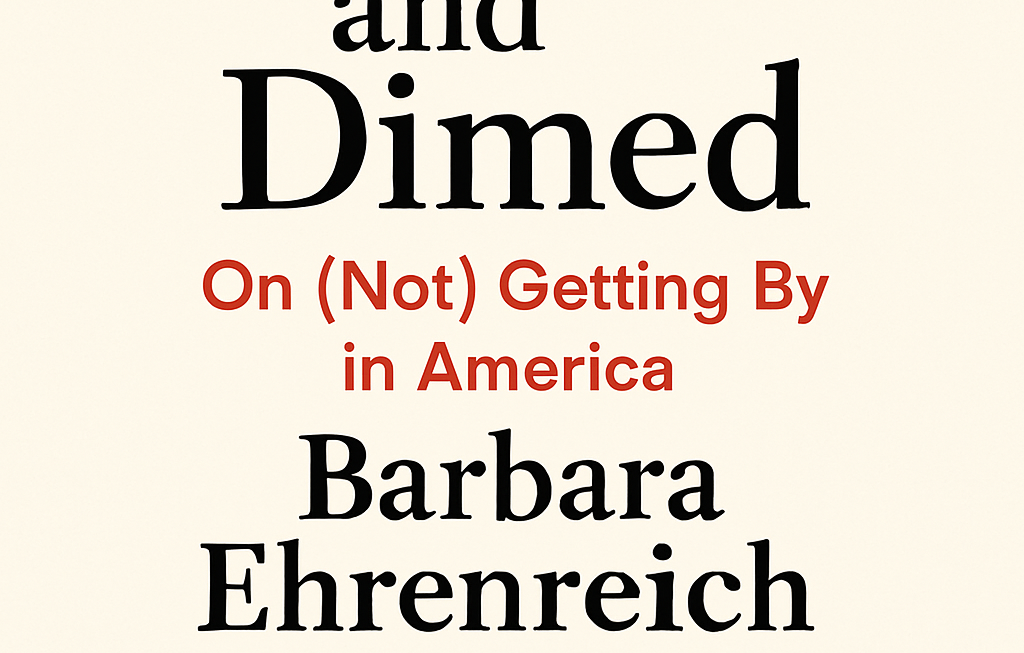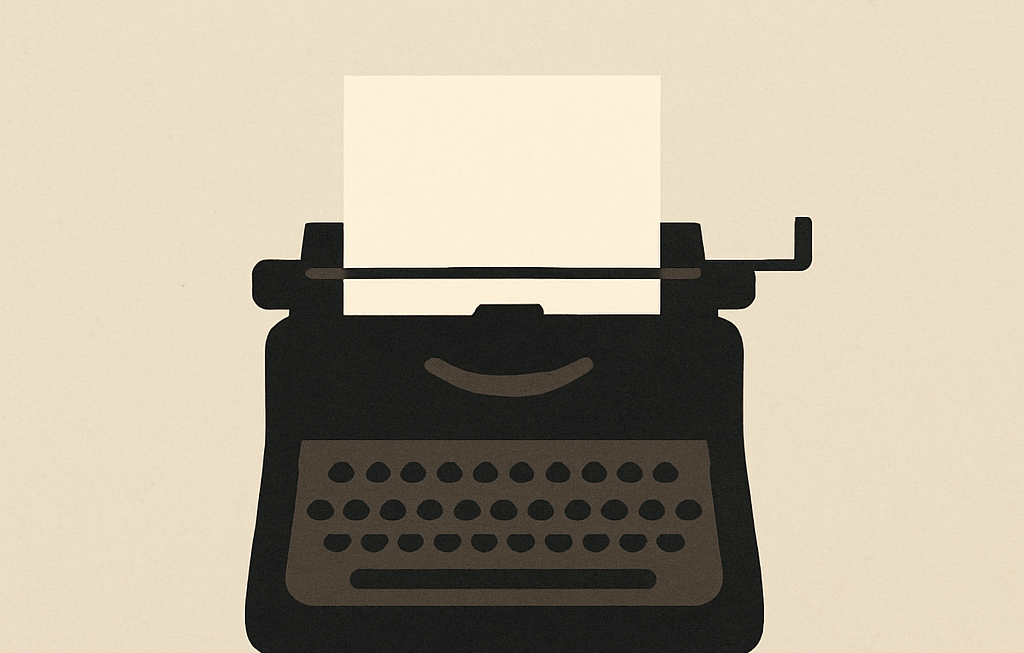Blood River’s Continuing Flow: A Conversation with Tim Butcher
Tim Butcher’s Blood River: A Journey to Africa’s Broken Heart isn’t merely a travelogue; it’s a visceral plunge into the Democratic Republic of Congo’s soul. Published in 2007, the book retraces Henry Morton Stanley’s infamous expedition, but instead of Victorian exploration, Butcher navigates a landscape scarred by decades of conflict and the lingering ghosts of colonialism. His journey, meticulously documented, isn’t just a physical trek; it’s an emotional and intellectual one, confronting the brutal realities of a nation grappling with its past while striving for a future. Butcher, a British journalist known for his immersive narrative nonfiction, doesn’t shy away from the darkness. He confronts the violence, the poverty, and the political machinations that define the Congo, but he also finds moments of extraordinary resilience and beauty amidst the devastation. His prose, sharp and evocative, paints a picture both horrifying and profoundly human. Blood River isn’t just a book; it’s an experience, a testament to the power of storytelling to illuminate the complexities of a continent often misunderstood and misrepresented. It’s a work that continues to resonate, forcing readers to confront uncomfortable truths about the legacy of colonialism and the ongoing struggles for peace and prosperity in the heart of Africa. Butcher’s subsequent works, including The Skeleton Coast and Chasing the Ghost, further cement his position as a writer who fearlessly explores the intersections of geography, politics, and human experience, always seeking to convey the truth, however difficult, with clarity and compassion.
An Exclusive Interview with Tim Butcher
- Question: Blood River is often praised for its immersive quality. Can you describe the process of transforming your lived experience into a compelling narrative, and what choices you made in prioritizing certain aspects of your journey over others?
Answer: The challenge was less about *what* to include, and more about *how* to represent the overwhelming sensory overload of the Congo. I kept a detailed journal, almost a stream-of-consciousness record, capturing the sights, smells, sounds – even the tastes – of that extraordinary and harrowing journey. Then, back in the UK, the process was one of careful selection and arrangement. I wanted to weave the historical narrative of Stanley’s expedition with my own experiences, creating a counterpoint between past and present, the colonial ambition and the post-colonial realities. Ultimately, I chose to focus on the human stories; the people I met, their resilience, their struggles, formed the narrative’s backbone. The landscape itself became a character, at times beautiful, at times terrifyingly harsh, reflecting the human drama unfolding within it.
- Question: Critics have noted a potential tension between the subjective nature of travel writing and the need to represent the complexities of a nation grappling with profound issues. How did you navigate this tension in your writing?
Answer: It’s an inherent tension in any kind of reporting, especially when delving into a place as fractured and volatile as the Congo. My approach was to be acutely aware of my limitations as a single observer. I aimed for honesty, acknowledging my own biases and the inevitable gaps in my understanding. I complemented my personal experience with extensive research, historical context, and interviews to offer a more layered portrayal, acknowledging the diversity of voices and perspectives that exist beyond my own. The story isn’t just *my* story, but rather a mosaic of experiences and perspectives, acknowledging the limitations of any single narrative.
- Question: Your work often juxtaposes adventure with serious political and social commentary. How do you balance these seemingly disparate elements, and what role does the element of “adventure” play in your approach to nonfiction writing?
Answer: The “adventure” is a vehicle, a framework to engage the reader and lead them into a deeper exploration of the complexities of the political and social landscape. It’s not about glorifying risk or exoticism, but about using the thrill of exploration to highlight the very real challenges faced by the people who inhabit these often-overlooked corners of the world. The Congo is a place of extraordinary beauty and immense suffering, and I believe the juxtaposition of these elements is essential to capturing its essence. The narrative arc of the journey helps to structure the larger story; a story that’s less about my personal triumph, and more about the ongoing struggle of the Congolese people.
- Question: The Congo’s history is burdened by the legacy of colonialism. How did your understanding of this history shape your reporting, and what responsibility do you feel writers have in representing this fraught past?
Answer: Understanding the colonial past is crucial to understanding the present. Stanley’s journey was a pivotal moment in that history, and retracing his steps allowed me to see the lingering effects of exploitation and the enduring power imbalances. The responsibility of a writer, in such a context, is to shed light on these historical realities without resorting to simplistic narratives of victimhood or blame. It’s about understanding the multifaceted nature of colonialism’s impact – the economic exploitation, the political manipulation, the cultural disruption – and showing how those legacies continue to play out in contemporary Congo.
- Question: Your writing is characterized by vivid imagery and a strong sense of place. Could you discuss your approach to crafting descriptions, and how you strive to evoke the atmosphere and sensory experiences of your travels for the reader?
Answer: I aim to transport the reader, to allow them to experience the Congo through my senses. This involves focusing on specific details, creating vivid images that resonate beyond mere description. The sounds of the jungle, the smells of the market, the feel of the sun on your skin – these details are crucial in building a complete and immersive picture. The goal is not just to inform, but to evoke an emotional response, to make the reader feel as though they are walking alongside me, experiencing the beauty and the brutality of the place firsthand.
- Question: Have you encountered any criticism or controversy surrounding your portrayal of the Congo, and how have you responded to such feedback?
Answer: Any attempt to capture the complexity of a nation in a single book is bound to generate discussion and differing opinions. I’ve been criticized for focusing on certain aspects over others, for potentially overlooking nuanced perspectives, or for inadvertently reinforcing existing stereotypes. Such feedback is valuable. It challenges me to reflect on my work, to acknowledge its limitations, and to refine my understanding. The aim is to foster dialogue, to encourage more open and honest conversations about the Congo, and to contribute towards a more nuanced and complete understanding of its past, present, and future.
- Question: Beyond the specifics of the Congo, what overarching themes or messages do you hope readers will take away from Blood River?
Answer: I hope Blood River encourages readers to confront their preconceived notions about Africa, to challenge the simplistic narratives that often dominate media coverage. I also hope it underscores the enduring power of the human spirit, the remarkable resilience of people living through extraordinary hardship. Ultimately, it’s a call to empathy, to understanding, and to a deeper engagement with the complex history and ongoing struggles of a continent often misunderstood and misrepresented.
- Question: Your work frequently explores the intersection of geography and politics. Can you elaborate on this connection, and how it informs your writing process?
Answer: Geography isn’t just a backdrop; it’s a crucial element in shaping political realities. The physical landscape influences resources, trade routes, and power dynamics, impacting the course of history and the present-day political situation. Understanding the geographical context, the specificities of the environment, is therefore essential in analyzing and interpreting political events. My writing process involves painstaking research into both the geographical and political history of a place, allowing me to craft narratives that reflect the intricate interplay between environment and governance.
- Question: What writers or works have most significantly influenced your approach to narrative nonfiction, and how have their styles and techniques shaped your own writing?
Answer: I’ve been profoundly influenced by writers who masterfully blend personal experience with historical context and insightful social commentary. Kapuscinski’s ability to weave narrative threads, combine reporting with personal reflection, and highlight the human cost of political events has deeply resonated with me. Likewise, the meticulous research and immersive storytelling found in works by Ryszard Kapuscinski and Norman Lewis have been crucial in shaping my own approach. Their work demonstrates how personal narrative can become a powerful tool for exploring complex geopolitical issues.
- Question: What are you working on now, and what themes or geographical areas are you currently exploring?
Answer: I’m currently working on a project that delves into the evolving dynamics of [insert plausible new project detail here], focusing on [insert key theme]. It builds upon my long-standing interest in exploring the interplay between history, geography, and contemporary politics, focusing this time on [insert geographical area]. The hope is to once again engage with the human dimension of complex historical and political situations, offering readers a fresh perspective on a little-understood corner of the world.



